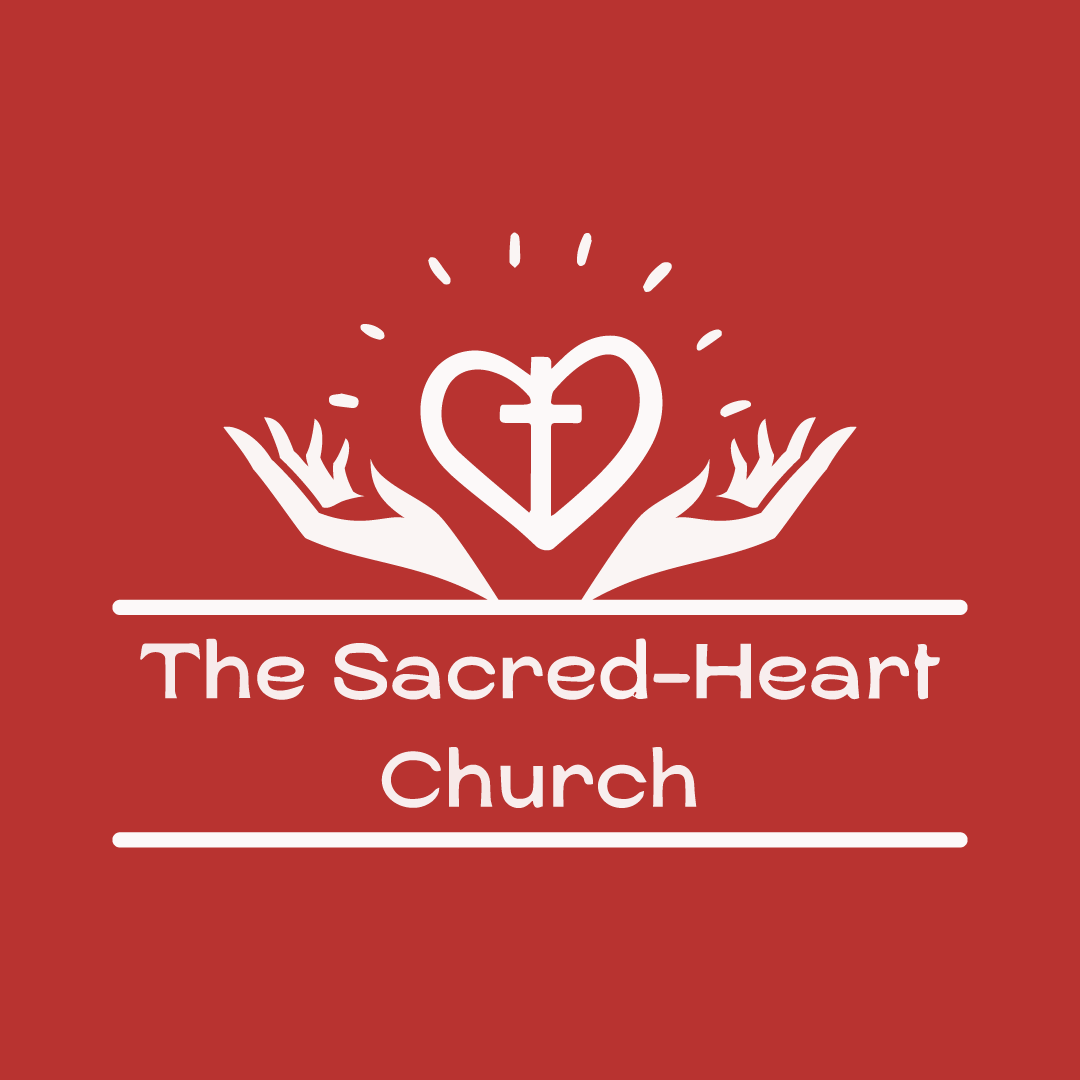When faced with the overwhelming pain of loss, finding comfort in community and connection can be a daunting task. Grief is a complex and deeply personal experience that affects individuals in unique ways, making it challenging to navigate the grieving process alone. Fortunately, grief support groups offer a safe space for people to share their experiences, receive emotional support, and connect with others who have gone through similar losses. These groups provide a sense of belonging and understanding, helping individuals cope with their emotions and find ways to heal and move forward.

The Three Cs of Grief
We understand that navigating through grief can be challenging, which is why we want to share with you the three essential components that can guide you through this difficult process.
- Choose: During periods of intense grief, it’s easy to feel overwhelmed and lose control. However, it’s crucial to remember that you still have the power to make choices. Whether it’s deciding how to spend your day, what activities to engage in, or who to surround yourself with, choosing what’s best for you can help you regain a sense of control and agency.
- Connect: Connecting with others, whether it’s family, friends, or a support group, is vital during times of grief. Sharing your emotions and experiences with others can help you feel less isolated and more supported. At The Sacred Heart Church, we offer various community outreach initiatives and services designed to foster connections and promote spiritual growth.
- Communicate: Effective communication is key to expressing your feelings and needs during grief. Whether it’s talking to loved ones, seeking professional help, or joining a support group, communicating openly and honestly can help you process your emotions and find ways to cope.
At The Sacred Heart Church, we believe that these three Cs – choose, connect, and communicate – are essential components of navigating through grief. By incorporating these principles into your daily life, you can find comfort, support, and healing during this difficult time.
For more information on our community outreach initiatives and services, please visit our website at https://thesacredheartchurch.org/ .
Additionally, if you’re looking for support and guidance, consider reaching out to organizations like the National Alliance on Mental Illness ( https://www.nami.org/ ) or the American Psychological Association ( https://www.apa.org/ ).
Remember, you’re not alone in your journey through grief. We’re here to support and guide you every step of the way.
The Hardest Grief to Overcome
Grief and mourning can take many forms, and what may seem like a universal experience can vary greatly from person to person.
- Loss of a Child
- Loss of a Close Life Partner
- Suicide or Homicide Loss
- Other Types of Difficult Grief
- Loss of a pet
- Loss of a home or community
- Loss of a job or career
- Loss of a sense of purpose or identity
For parents who have lost a child, the pain of grief can be overwhelming and often feels like a constant ache in the heart.
This type of loss is particularly difficult because it involves the loss of a future, a dream, and a sense of identity.
Parents may struggle to come to terms with the fact that their child will never grow up, get married, or have children of their own.
They may also feel guilty for surviving the loss, wondering why they were spared while their child was taken away.
Support groups and counseling can be incredibly helpful in navigating this type of grief.
Losing a spouse or long-term partner can be one of the most significant losses a person experiences in their lifetime.
This type of loss can lead to feelings of loneliness, isolation, and disconnection from others.
Couples who have been together for many years may find it challenging to adjust to living alone again.
They may also struggle with the emotional and financial implications of their partner’s passing.
Seeking out social support from friends, family, and support groups can be crucial in coping with this type of loss.
Experiencing the loss of a loved one due to suicide or homicide can be particularly complex and emotionally charged.
Survivors may grapple with feelings of guilt, shame, anger, and confusion.
They may also struggle to understand the circumstances surrounding their loved one’s death.
Reaching out to mental health professionals, support groups, and online resources can provide a safe space to process these emotions.
In addition to these types of loss, there are many other situations that can be considered difficult to overcome, such as:
Each of these experiences can bring its unique set of challenges and emotions.
However, with patience, self-care, and support, it is possible to navigate even the most difficult types of grief.
We encourage anyone struggling with grief to reach out to us for support and guidance.
Contact us today to learn more about our grief support services and how we can help you heal and move forward.

The Most Effective Therapy for Grief
We understand that losing someone close to us can be a devastating experience, and finding the right therapy for grief can be overwhelming.
- Cognitive-Behavioral Therapy (CBT) : This type of therapy helps individuals identify and change negative thought patterns and behaviors associated with grief.
- Psychodynamic Therapy : This approach focuses on exploring the emotional roots of grief and helping individuals work through unresolved emotions and conflicts.
- Gestalt Therapy : This type of therapy emphasizes personal responsibility and self-awareness, encouraging individuals to take ownership of their grief and find ways to integrate their experiences into their lives.
- Acceptance and Commitment Therapy (ACT) : ACT helps individuals develop psychological flexibility and acceptance of their emotions, allowing them to move forward and engage in meaningful activities despite their grief.
While these therapies have shown promise in addressing grief, it’s essential to note that everyone’s experience with loss is unique, and what works for one person may not work for another.
In addition to these therapies, we recommend seeking support from loved ones, joining a support group, or engaging in activities that bring comfort and solace, such as meditation, exercise, or creative pursuits.
At The Sacred Heart Church , we offer a safe and non-judgmental space for individuals to process their grief and find healing. Our compassionate staff and volunteers are trained to provide emotional support and guidance during difficult times.
We also encourage individuals to reach out to local mental health professionals who specialize in grief counseling, such as NAMI or Crisis Text Line .
Remember, grief is a journey, and there is no set timeline for healing. Be patient with yourself, and don’t hesitate to seek help when needed.

Grief Support Available
We understand that losing a loved one can be a difficult and emotional experience, and we’re here to offer support during this challenging time.
- Talk to your GP – They can provide guidance and support to help you cope with your emotions and develop a plan to manage your grief.
- Contact a local bereavement service – Organisations such as Cruse Bereavement Support or a local Maggie’s Centre can offer confidential support and counseling.
- Call the Macmillan Support Line – On 0808 808 00 00, you can speak to a trained counselor who can discuss ways to access counseling and support.
- Reach out to friends and family – Talking to loved ones about your feelings and experiences can be incredibly helpful in processing your grief.
- Consider joining a support group – Sharing your story and connecting with others who have experienced loss can be a powerful way to heal and find comfort.
At The Sacred Heart Church , we believe in the importance of community and support during difficult times. Our doors are open to anyone seeking solace, guidance, or simply a listening ear.
Additional Resources
- Macmillan Cancer Support offers a wealth of information and resources on coping with grief and loss.
- The NHS provides guidance on managing grief and accessing support services.
- Bereavement UK offers a range of resources and support for those experiencing grief and loss.
Remember, you are not alone in your grief. We are here to support you every step of the way.
What Not to Do While Grieving
We understand that losing someone close to us can be incredibly painful and overwhelming.
- Avoid isolating yourself from friends and family during this difficult time.
- Don’t compare your grief to others, as everyone experiences loss differently.
- Try not to dwell on negative emotions, but rather focus on finding ways to honor the memory of your loved one.
- Be cautious of social media, as it may trigger feelings of sadness or anxiety.
- Don’t feel pressured to rush into making major life decisions, such as moving or changing jobs.
- Avoid blaming yourself or others for the loss, as this can prolong the healing process.
- Don’t neglect self-care activities, such as exercise, meditation, or spending time in nature.
- Try to find healthy ways to express your emotions, such as journaling, talking to a therapist, or joining a support group.
- Be patient with yourself and allow yourself to grieve at your own pace.
- Remember, grief is a journey, and it’s okay to take things one step at a time.
At The Sacred Heart Church , we’re committed to supporting you through this challenging time.
We offer various resources and services to help you cope with your emotions and find comfort in your faith.
Please don’t hesitate to reach out to us for guidance and support.
We’re here to listen and help you navigate the grieving process.
May you find peace and solace in the midst of your sorrow.
With love and compassion,
The Community of The Sacred Heart Church .

The 7 Stages of Grief
We understand that losing someone close to us can be a difficult and emotional experience. At The Sacred Heart Church, we want to support you through this challenging time.
-
Denial
This initial stage is characterized by shock, numbness, and disbelieving the loss. It’s common to feel disconnected from reality and struggle to accept what has happened.
-
Anger
As the reality of the situation sets in, feelings of anger, frustration, and resentment may arise. This can manifest towards oneself, others, or even the person who passed away.
-
Bargaining
In an attempt to regain control, people may try to negotiate with a higher power or engage in magical thinking. This stage involves pleading for a reversal of the situation or seeking forgiveness.
-
Depression
As the full weight of the loss becomes apparent, sadness, hopelessness, and despair may take hold. This can lead to changes in appetite, sleep patterns, and social withdrawal.
-
Acceptance
Eventually, the pain begins to subside, and individuals start to come to terms with their loss. They may begin to rebuild their lives, find ways to honor the deceased, and rediscover meaning and purpose.
-
Guilty Feelings
Some people may experience guilt, regret, or self-blame related to the circumstances surrounding the loss. This can be a complex and intense emotion that requires patience and understanding.
-
Self-Care
During this final stage, individuals focus on taking care of themselves physically, emotionally, and spiritually. They may seek support from loved ones, engage in self-care activities, and work towards healing and recovery.
At The Sacred Heart Church, we offer a safe space for you to process your emotions and find comfort during this difficult time. Our compassionate community is here to support you every step of the way.
Conclusion:
The 7 stages of grief are a natural part of the healing process. By acknowledging these stages and allowing yourself to feel the emotions that come with them, you can begin to heal and move forward. Remember, you’re not alone – our community is here to support you through this journey.

0 Comments